Nutritionist Reveals 5 Foods to Eat and 5 to Avoid for Weight Loss on Ozempic
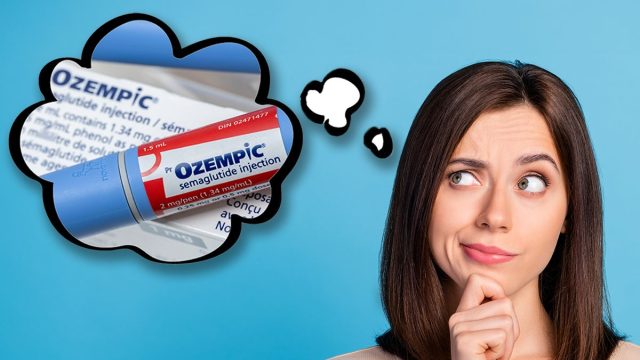
Are you on Ozempic and aren't sure what to eat? There are foods you should consume on a GLP-1 medication and others to avoid, explains a nutritionist. Madison Reeder, RD, is Director of Clinical Operations at ModifyHealth, a wellness brand focused on tackling dietary challenges through meal plans, especially by nutritionists and other health experts. They even offer meals specifically for people taking weight loss drugs. "GLP-1 medications like Ozempic mimic a naturally occurring hormone that helps regulate blood sugar, slow gastric emptying, and reduce appetite. This makes them highly effective for weight management and blood sugar control, but it also means that food choices play a big role in how well they work and how comfortable you feel," says Reeder. "Eating the right foods can help sustain energy, support digestion, and minimize common side effects like nausea, bloating, or sluggish digestion. On the other hand, certain foods can exacerbate discomfort or make it harder to get the most out of your treatment. With so much conflicting information, it can be difficult to know what foods to choose." Here are her 5 best and 5 worst choices for patients on GLP-1 medications.
RELATED: 15 Things to Know Before Requesting Ozempic for Weight Loss
Best: Lean Proteins
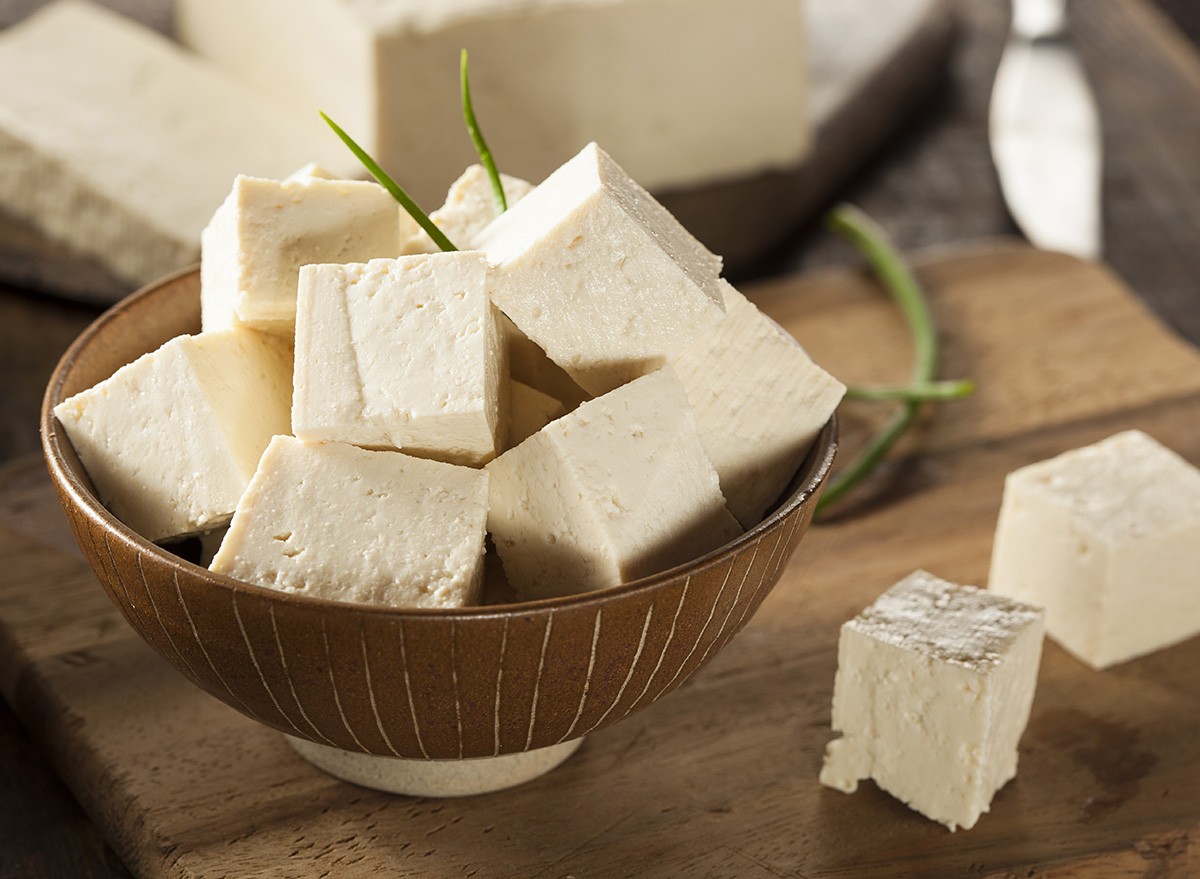
Protein options like chicken, fish, tofu, eggs, and Greek yogurt "help preserve muscle mass, promote satiety, and stabilize blood sugar levels," she says. "Leaner choices are also easier to digest while still providing essential nutrients."
Best: High-Fiber Foods
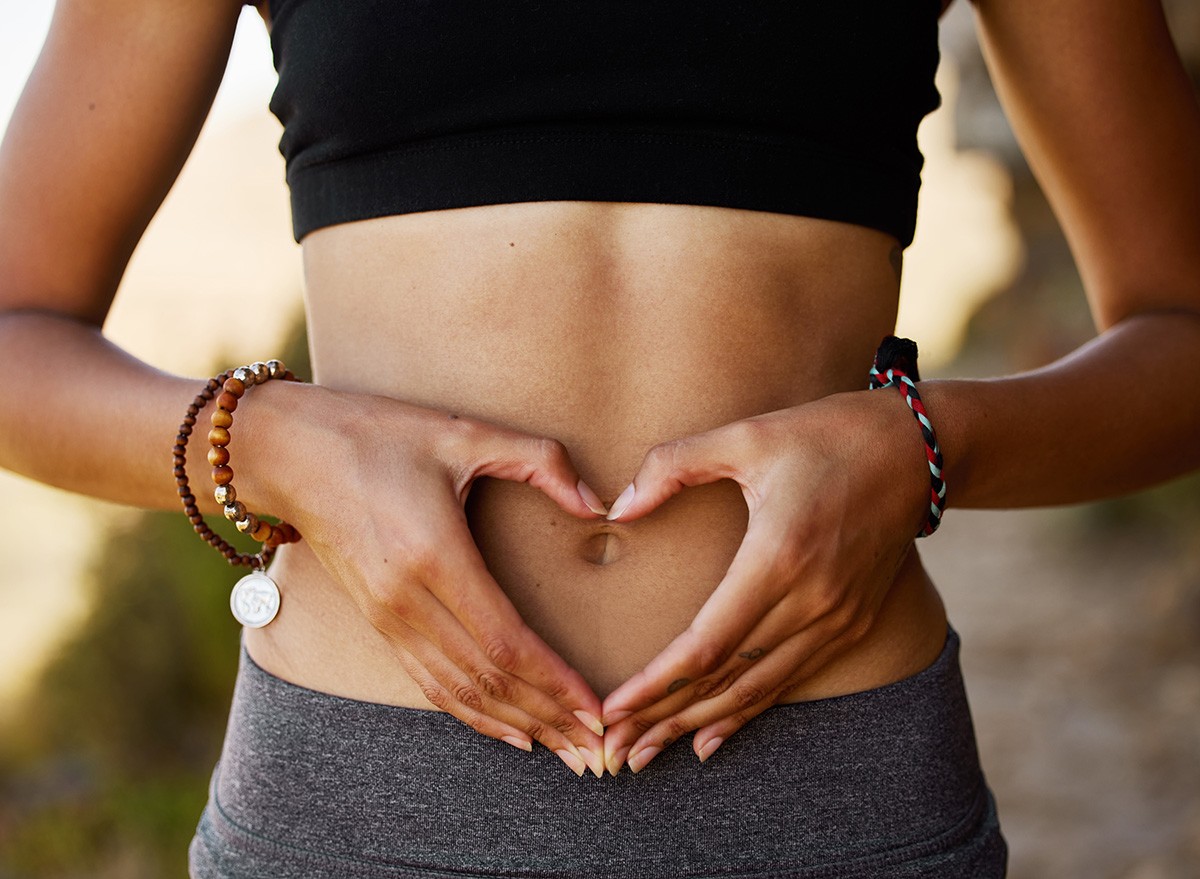
"Beans, lentils, chia seeds, berries, and whole grains support digestion and help maintain fullness, which is especially important as GLP-1 medications slow gastric emptying," explains Reeder. "These foods also promote gut health and stable energy levels."
Best: Healthy Fats
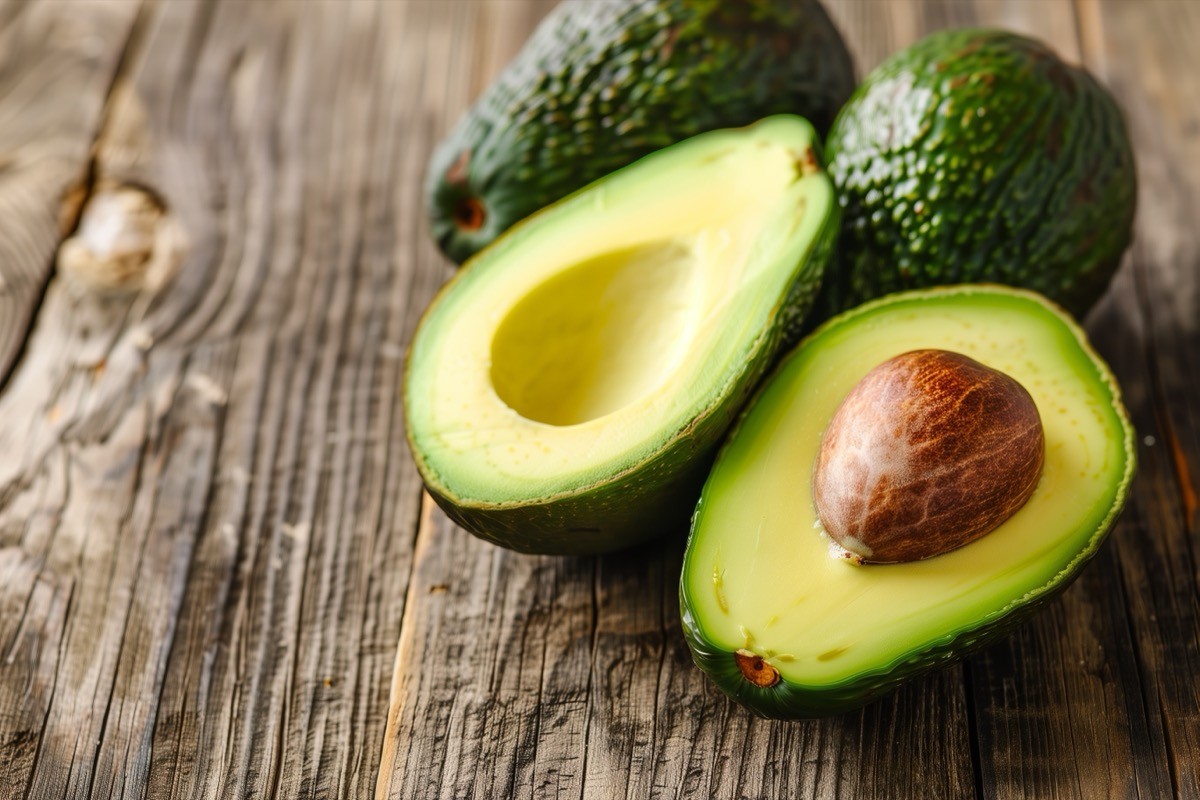
"Avocados, nuts, seeds, olive oil, and fatty fish provide essential nutrients for brain health and hormone balance while keeping you full. They also help with the absorption of fat-soluble vitamins," she explains.
RELATED: 20 Possible Ozempic Side Effects
Best: Hydrating, Nutrient-Dense Foods
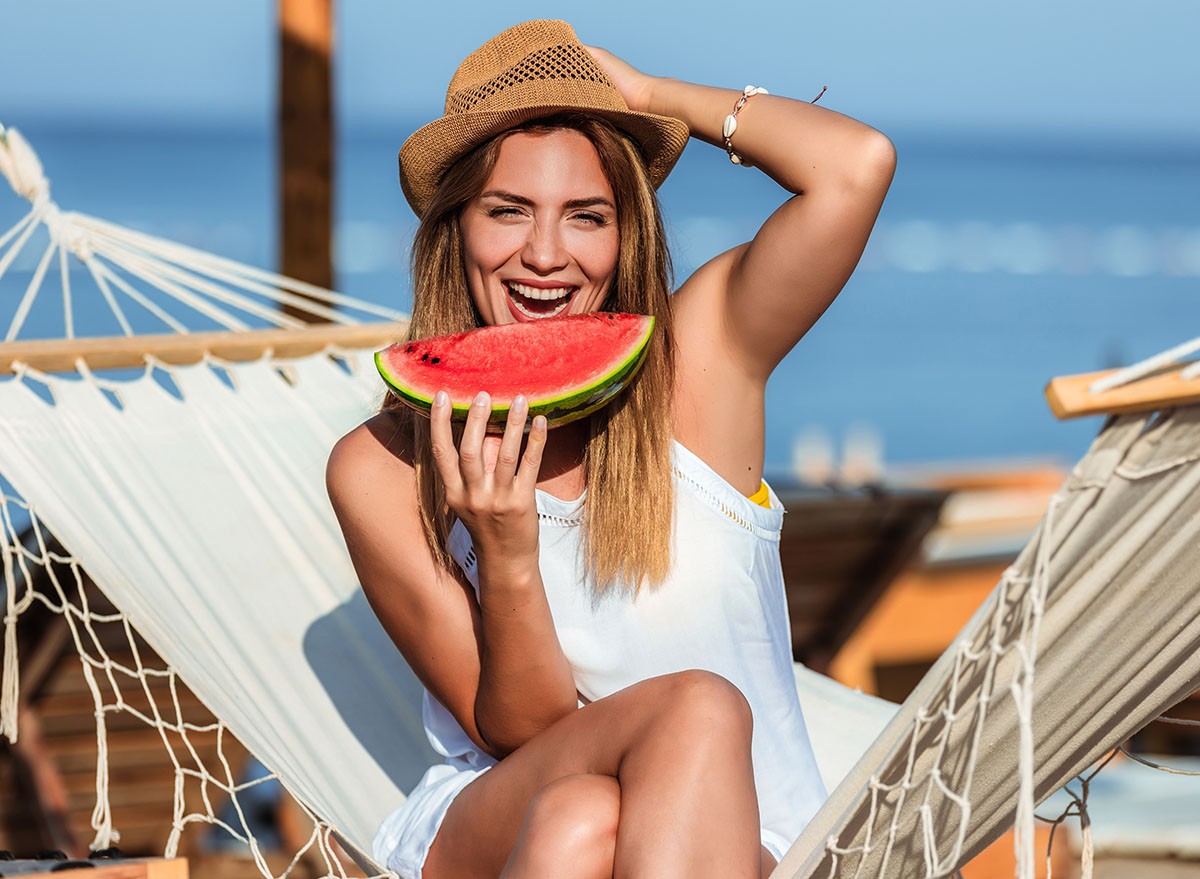
"Cucumbers, watermelon, broth-based soups, leafy greens, and citrus fruits help maintain hydration," Reeder states. This is important "since appetite suppression on GLP-1s can sometimes lead to mild dehydration," she says. "These foods also provide key vitamins and minerals."
Best: Easily Digestible, Small-Portion Carbohydrates
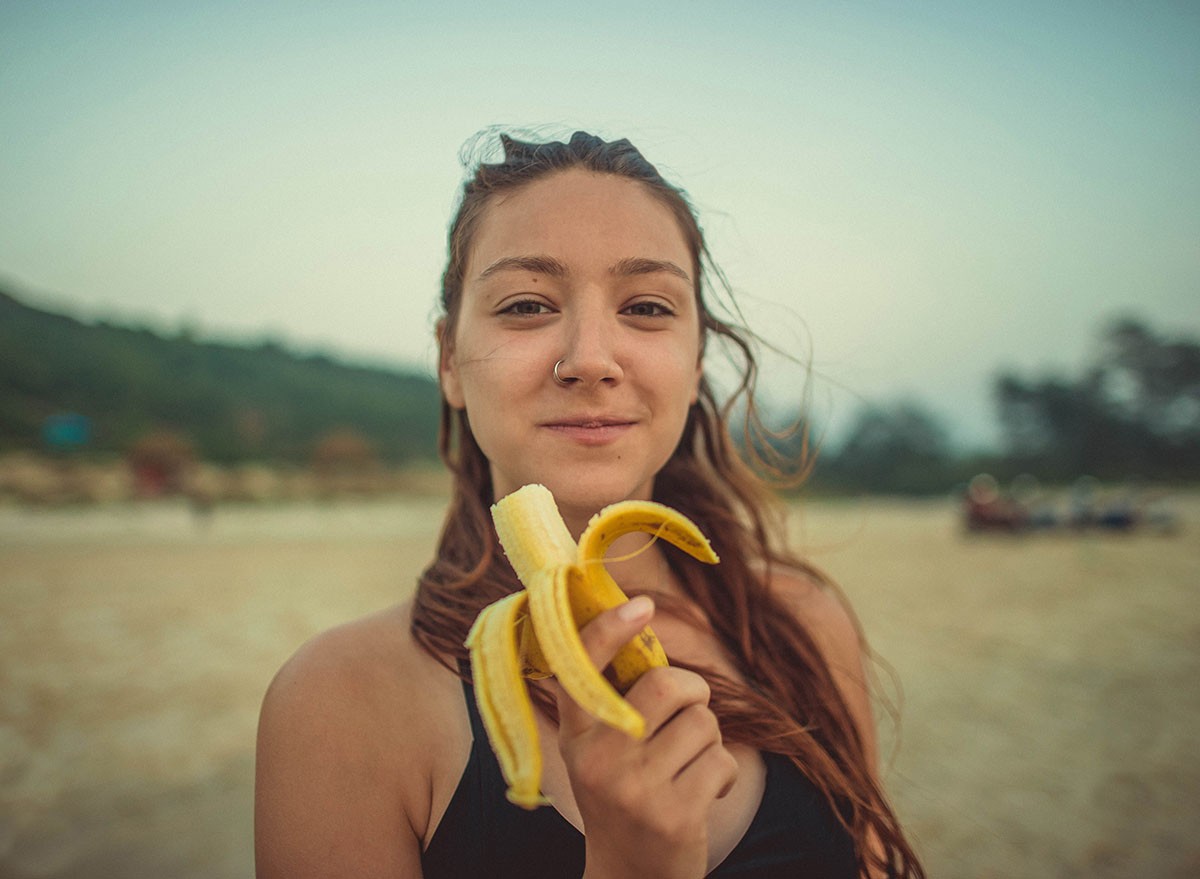
Easy, digestible, small portions of carbs are also helpful. "Quinoa, sweet potatoes, oatmeal, bananas, and brown rice are complex, fiber-rich carbs that provide sustained energy without overwhelming digestion, which can be slowed by GLP-1 medications," she says.
Worst: Highly Processed, Greasy, or Fried Foods
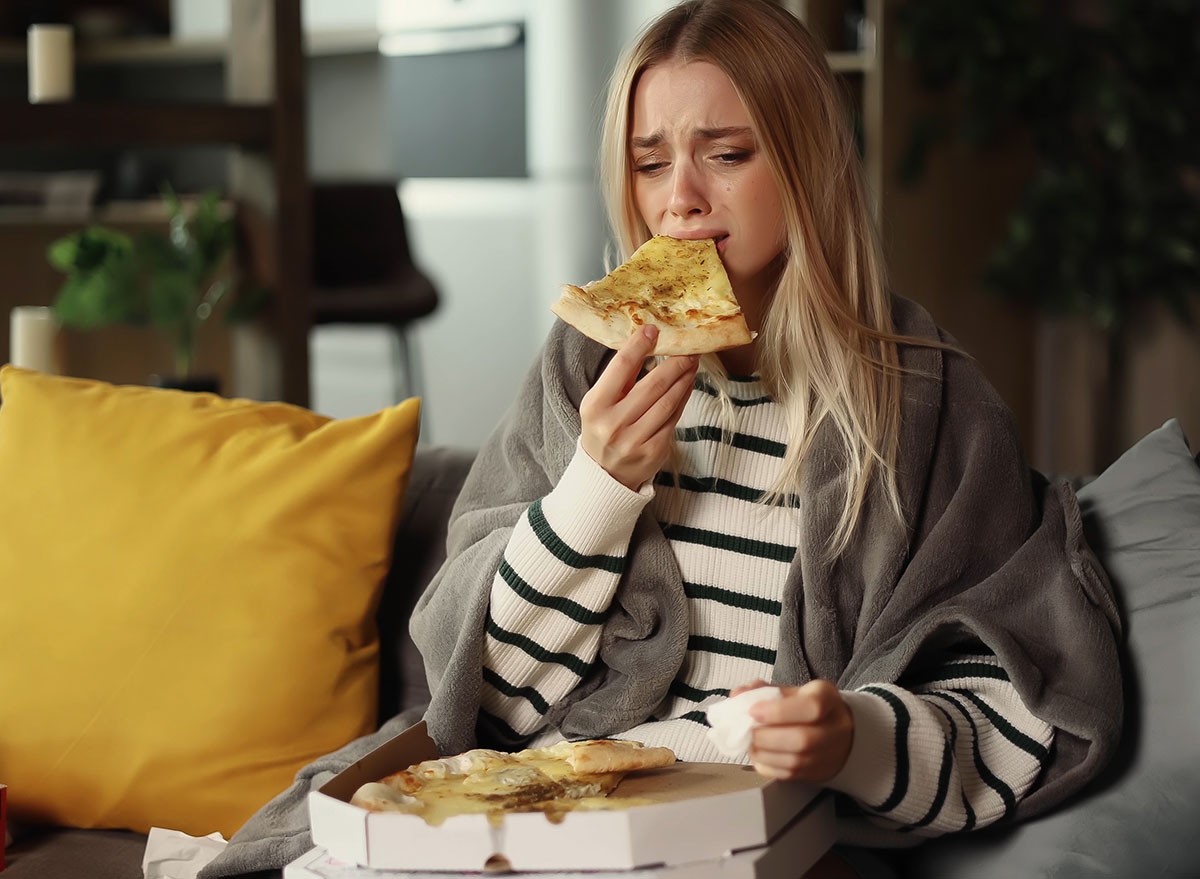
Highly processed foods are not good for GLP-1 patients. "Fast food, chips, fried chicken, pizza, and heavy cream-based sauces can be harder to digest, worsening nausea and GI discomfort. They also tend to lack essential nutrients," says Reeder.
RELATED: What Happens to Your Body When You Stop Taking Ozempic
Worst: Carbonated Beverages
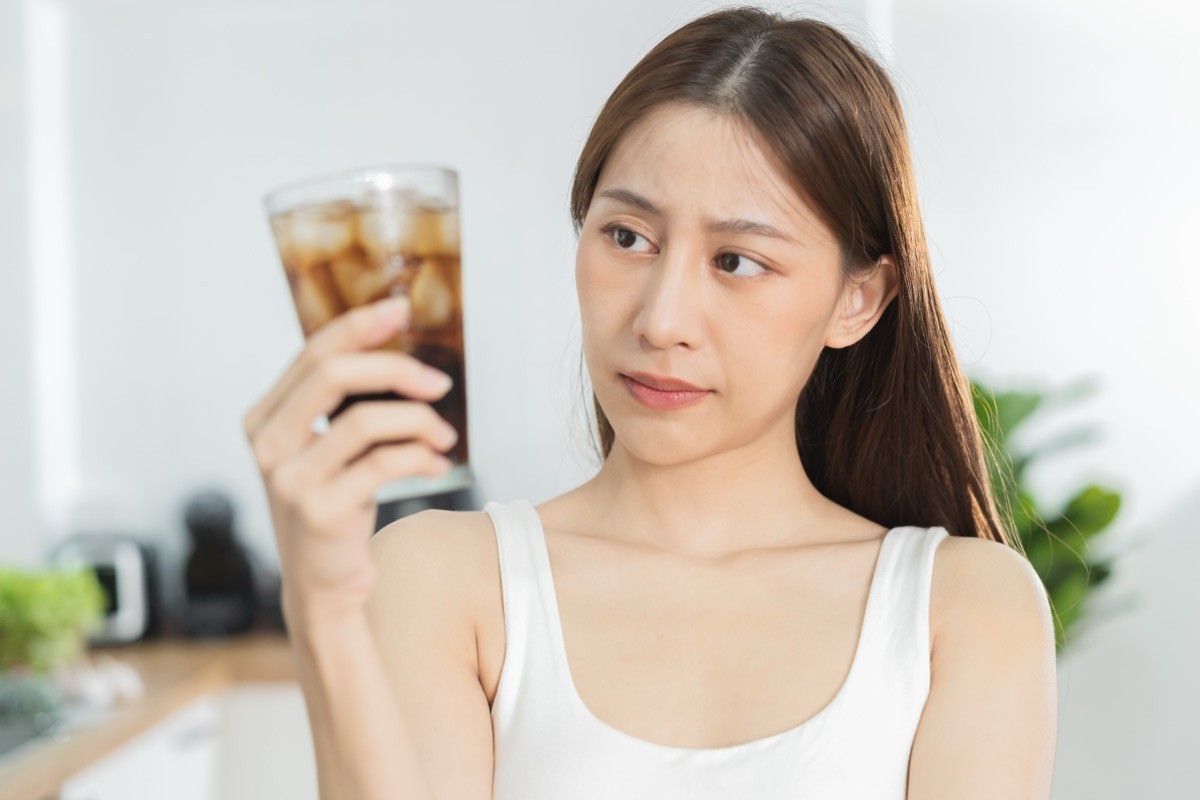
She also recommends staying away from carbonated beverages. "Soda, sparkling water, beer, energy drinks, and seltzers can cause bloating and discomfort, which is exacerbated by the slowed digestion that comes with GLP-1 medications," she says.
Worst: Sugary Foods and Drinks
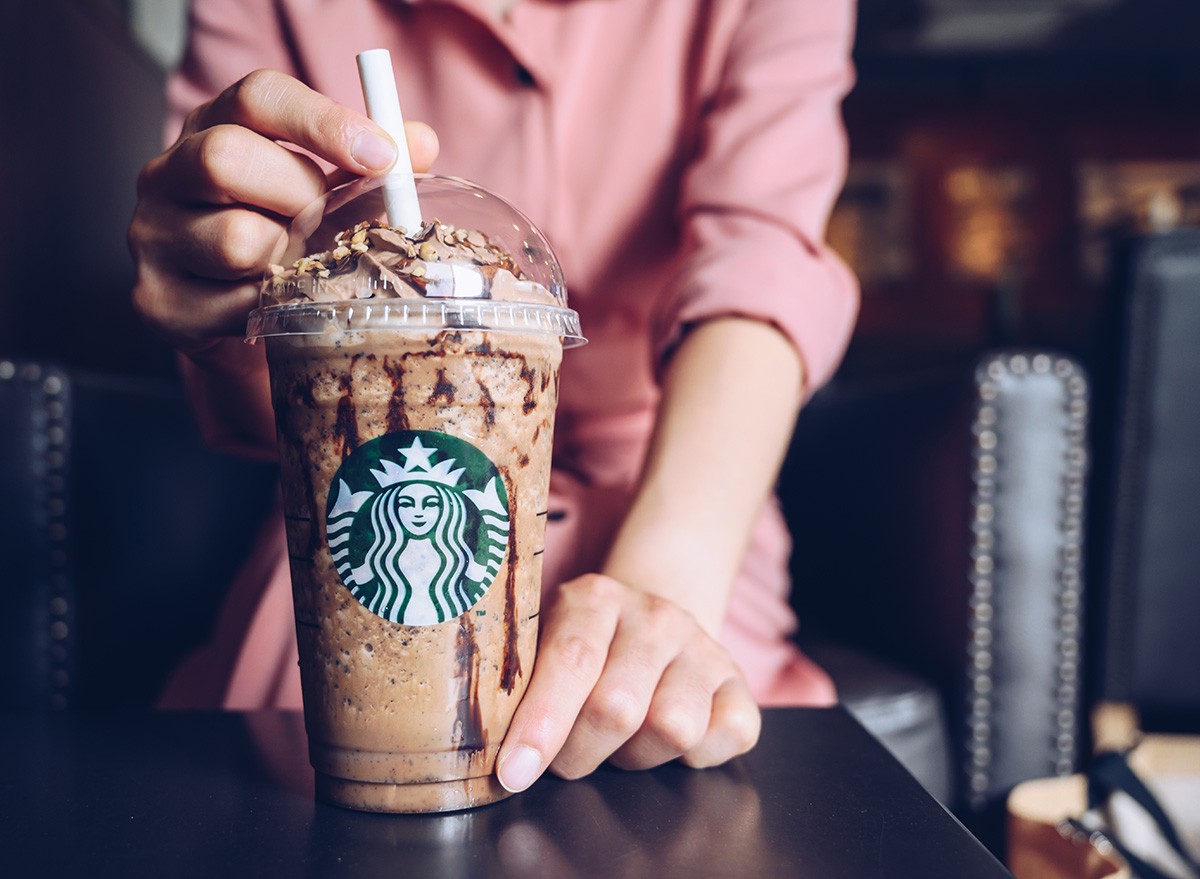
Sugary foods and drinks are also a no-no. "Candy, pastries, sweetened coffee drinks, juice, and ice cream can spike and crash blood sugar levels, potentially leading to increased fatigue, cravings, and digestive distress," explains Reeder.
RELATED: 20 Things to Avoid While on Ozempic
Worst: High-Fat, Heavy Dairy
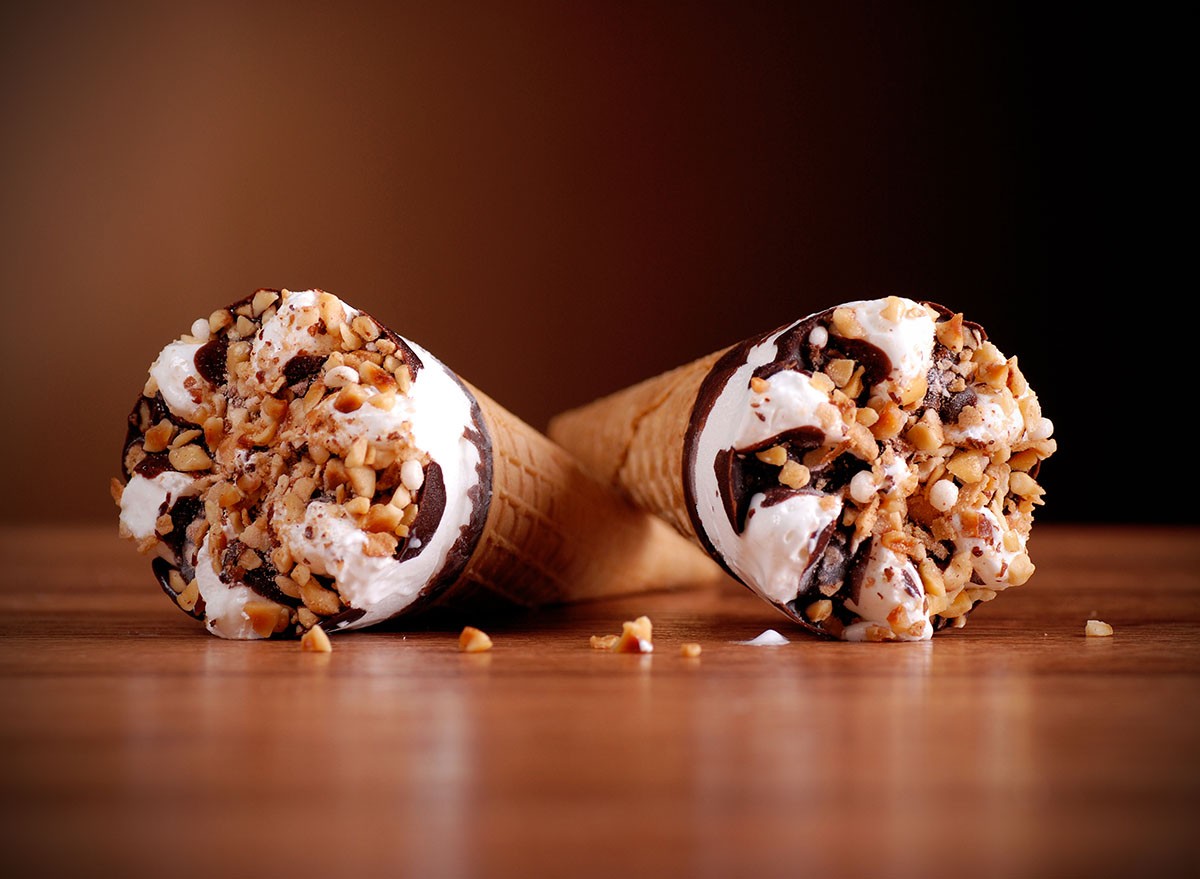
Stay away from high-fat and heavy dairy products. "Creamy cheese, whole milk, ice cream, butter-heavy dishes, and fried cheese snacks can trigger nausea, bloating, and discomfort, especially when digestion is slowed," she says.
Worst: Large Portions of Any Food
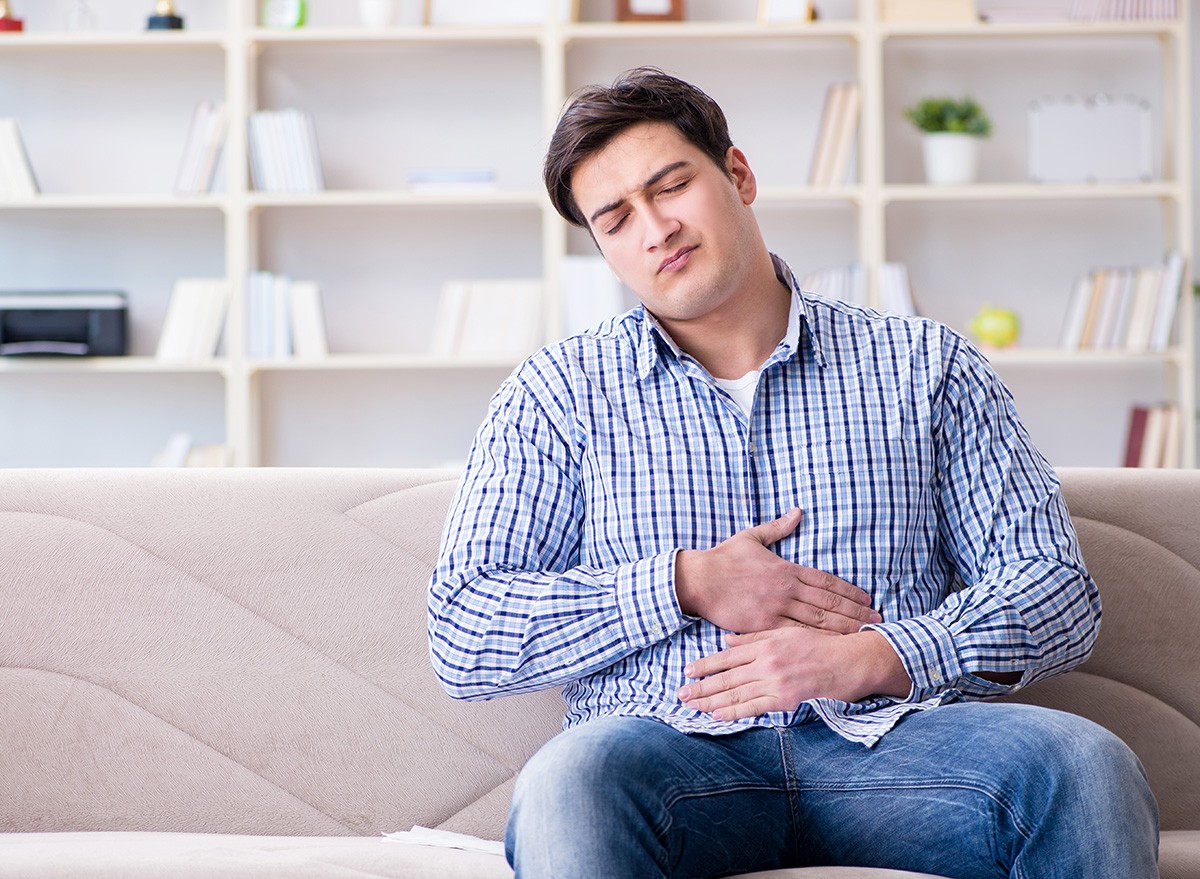
Large portions of anything should be avoided. "Portion control is key! Eating too much at once—even of healthy foods—can lead to bloating, nausea, or feeling uncomfortably full for hours due to the slowed gastric emptying caused by GLP-1 medications," she says. And if you enjoyed this article, don't miss 20 Incredible Ozempic Success Stories of All Time.




